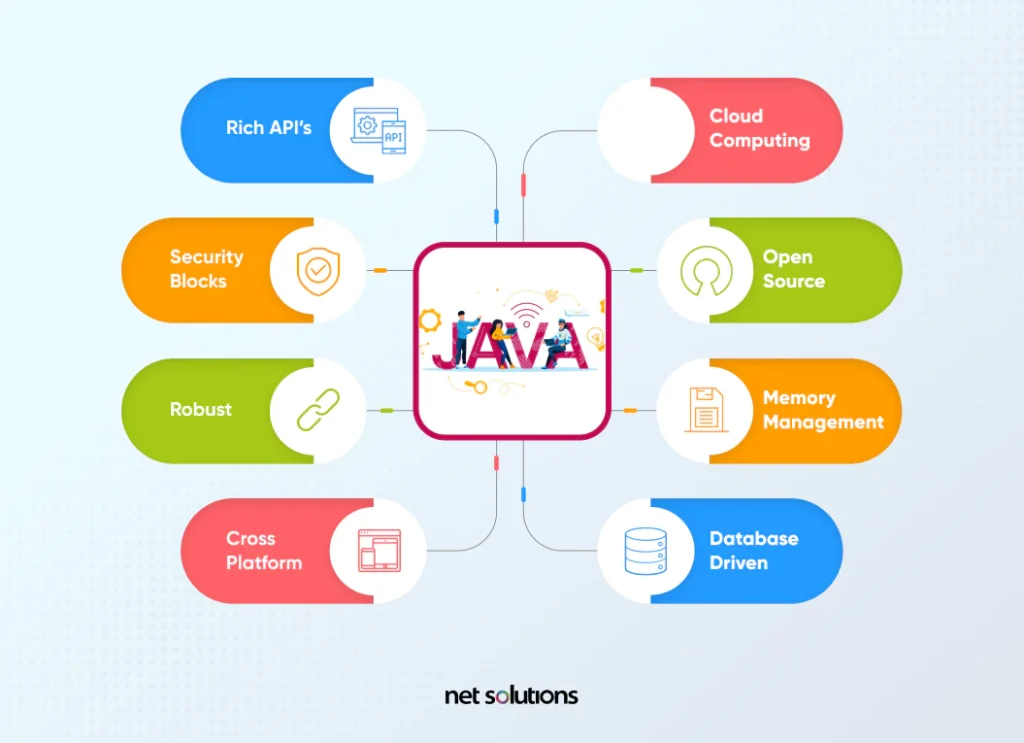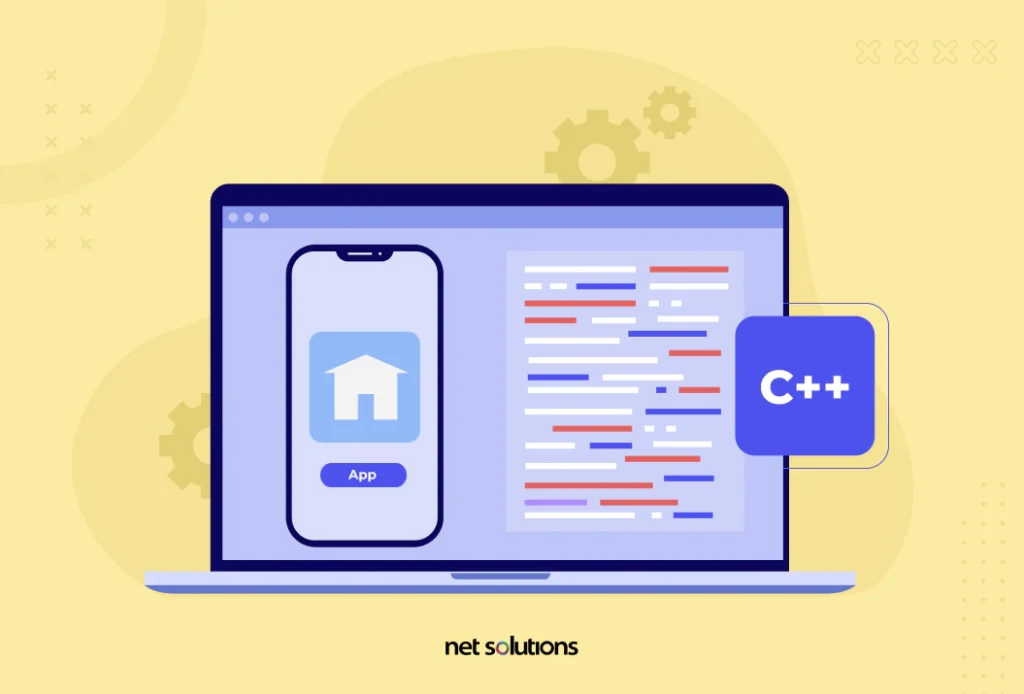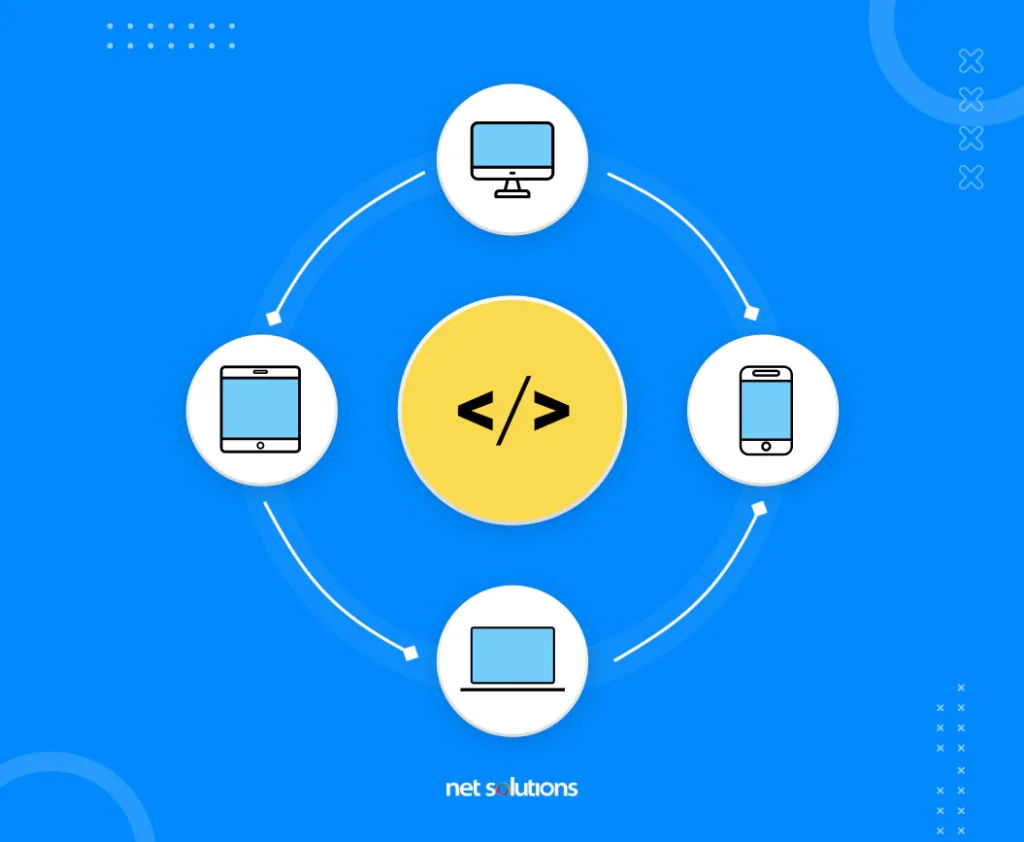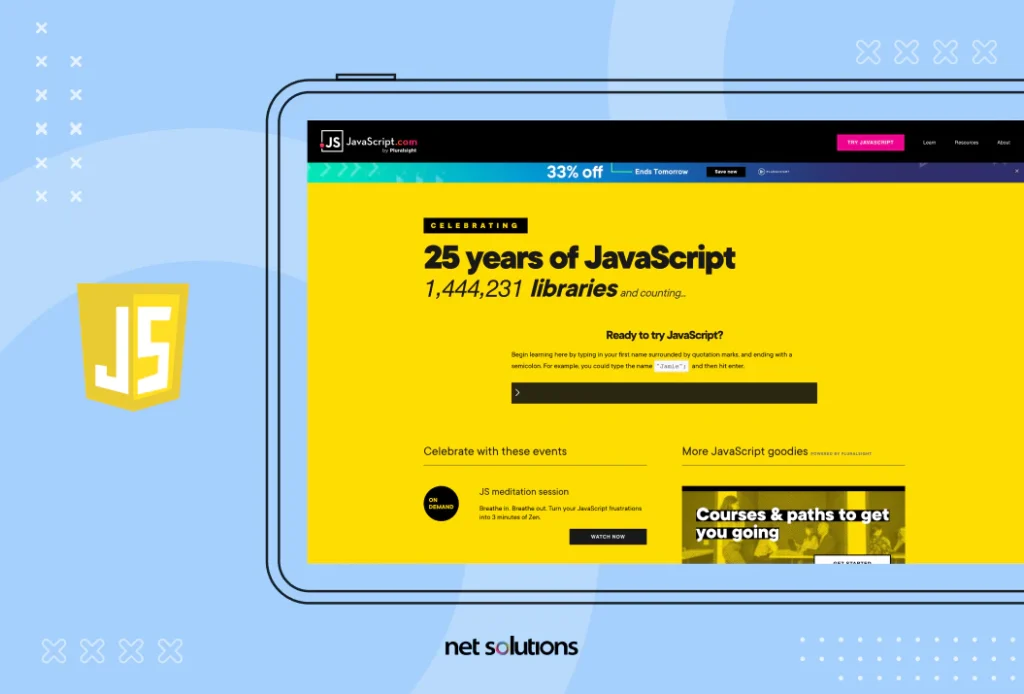Android is a mobile operating system (OS) first launched in 2008 by Google and is currently leveraged by a wide range of device manufacturers including Google, Samsung, Sony, Nokia, and many others. Android supports both smartphones and tablets, with over three billion active users, the largest base of any operating system – triple that of the number of active Apple iPhones, for example – and capturing 69.74% of the mobile OS marketplace worldwide.
With such rapid growth in Android and in enterprise mobile app development in general, an increasing number of existing and would-be software developers are looking to Android app development. While the industry will continue to change as new technology emerges and Mobile app development trends shift, the development of Android apps today primarily involves knowing two main languages (Java and Kotlin) – but that’s just scratching the surface.
Continue reading this guide to find out more about Android app language choices and why there’s more to know than just Java and Kotlin.
Native Android Apps vs Cross-Platform Apps
Along with the languages used to develop native Android apps, there are several languages that can be used to develop cross-platform apps – apps that work on Android and on other platforms such as iOS. But what is the difference between native vs. cross-platform app development?
The native app development approach creates apps tailored to the specific features of that platform or device. It gives a seamless user experience for performance & visuals. However, apps generated by the cross-platform development method address a wide reach of brand followers, by addressing multiple devices for one app. While the cost to build the app is lower than the native methodology, there can be lags in performance here. The cross-platform apps might not access all device APIs, nor meet UI expectations of each device. The process uses cross platform app development frameworks like React Native, Flutter or Xamarin, that guide the languages used.
Which Programming Languages Are Used for Developing Android Apps?
Which languages are Android apps written in? What is the best programming language to make Android apps? The top programming languages to write Android apps include:

1. Java
Java is one of the two official Android app programming languages and was the primary language until the emergence of Kotlin.
Java continues to remain a top Android app development language because it is stable and secure, supports multi-threading, is portable, and is great for complex mobile app architecture – a huge asset for many developers today. While this is true, Java does come with some performance drawbacks.
2. Kotlin
Google announced the switch to Kotlin as the official language in 2017, mirroring Apple’s preference for Swift, both of which are simpler languages with extensive libraries, making them easy to learn and use.
Kotlin is a typed language that can run on the Java virtual machine. It is an open-source, multipurpose, and pragmatic computer programming language that combines both acquisitive and functional programming features with the aim of allowing faster compilation.
As an effective solution due to its speed, accuracy, flexibility, security and stability, many brands are now switching to Kotlin for their Android apps including Basecamp, Pinterest, Netflix and Uber.

3. C/C++

Although Kotlin is the new kid on the block, the Android Native Development Kit (NDK) allows the use of C/C++, both of which are highly portable across operating systems.
C++ is a more generic, object-oriented language that supports dynamic memory allocation to make it execute faster – particularly useful for CPU-intensive apps such as games. Many software developers leverage C++ for cross-platform development or for native development within Java or Kotlin apps.
For experienced C++ developers, the support for C++ lowers the barrier to entry to Android development. However, C++ is not flexible enough to make the entire app and can make for a more buggy, inflexible app if overused.
4. C#

C# is a .NET programming language developed by Microsoft and supported by Visual Studio, considered a “core” language since it performs well and can be used for a variety of projects. C# is based upon object-oriented programming, making it possible to build the app incrementally and support easier management.
C# is the primary language for cross-platform app development using the Xamarin framework.
5. Lua
Lua is a lightweight scripting language that has a strong following in game development and UI. Lua is an embeddable language, making it possible to use Lua for Android or for cross-platform development with the help of an engine such as Solar2D.
6. JavaScript

JavaScript is one of the top programming languages all around, versatile for many kinds of projects, and known to be fast and adept at creating rich user interfaces and experiences. JavaScript is the language used by several cross-platform frameworks including React Native, Angular and Vue.
To round out knowledge of the web, knowledge of JavaScript would be incomplete without knowledge of HTML and CSS as well.
7. Python
Python is an interpreted, object-oriented, high-level programming language with dynamic semantics – meaning it is an easy-to-use programming language that can help speed up development time and comes with a large open-source community and robust frameworks and libraries.
Python programming language can be used for Android development through the use of third-party tools that convert Python apps into Android Packages. Python apps are known for higher memory consumption.
Is It Best to Specialize in One Android App Language or to Diversify?
As the demand for Android apps increases, so too does the demand for skilled Android developers. In order to be a strong developer, it is good to know a little bit about many kinds of languages that could be used for Android development, but to know one or two really well. Not every tool is right for every situation, so the more you know, the stronger your contribution will be as a developer.
It is also true that over-specialization can lead to difficulty if the market shifts, as we saw in the shift from Java to Kotlin. As a new Android developer, it would be ideal to focus on the most popular languages specifically for Android (Koltin, Java) and the base languages that are more multi-purpose (JavaScript, C/C++).
How Long Does It Take to Learn Android App Programming?
To learn an android app language takes time and effort, on average anywhere from 3-4 months for general knowledge to over 1 year for a more firm mastery of the language – ideally with some experience alongside that knowledge. However, for more experienced programmers, this learning time is greatly accelerated.
Android app programming languages such as Java, Kotlin, C++, and others can be learned in a school setting, via an online course, with the help of textbooks, or through many helpful development communities. For those wanting to learn Kotlin, the official website is a great place to start.
Frequently Asked Questions
1. What language are Android apps written in?
The majority of Android apps are written in Java and Kotlin. In some cases, programming languages like C, C++, and Basic are also used.
2. Can we write Android Apps in C++?
C++ can be used in Android app development in rare cases, especially when you plan to build native-activity Android applications. It is because C++ is less flexible and very difficult to set up, and as a result, it can lead to more bugs. Usually, Java is preferred more over C++.
3. Are all Android apps written in Java?
Despite Java being the official programming language for Android, not all applications are written in it. A majority of developers also use BASIC and Kotlin. In some rare cases, C++ can also be used.
4. What is the easiest language for Android Development?
Java is the easiest language for Android development as the Android OS was developed in it. As a result, you can easily develop your Android apps without worrying about compatibility and other issues. Besides, Java is much faster and more readable than Python and other languages because of its easy-to-understand syntax.
SHARE THIS POST
Table of Contents
Related Resources
- What is App Store Optimization (ASO)? The in-depth guide for 2024
- The Mobile App Architecture Guide for 2024
- 7-Step Mobile App Development Checklist (Free Download)
- How Much Does it Cost to Build an App [A Complete Breakdown]
- How To Protect Data In Mobile & Web Apps Using Encryption
- eCommerce Mobile App Development: A Step-by-Step Guide
- 7-Step Mobile App Development Checklist (Free Download)
- How Firebase is Emerging as an Innovation in App Development
- A Complete Guide to Implementing In-App Purchases
- Low-Cost Mobile App Development: A Comprehensive Guide
- How to Make an App in 2024: 5 Stages of Mobile App Development
- What is Mobile-first Design (+9 Best Practices)
- The Ultimate Guide for New App Ideas
- Offshore Mobile App Development: An In-Depth Guide
- Most Popular Programming Languages for Mobile App Development
- 7 Mobile App Development Tips for Acquisition & Retention
- Top 15 Mobile App Development Trends to Watch for in 2024
- The Fundamentals of Android App Development: Basic Tutorial

